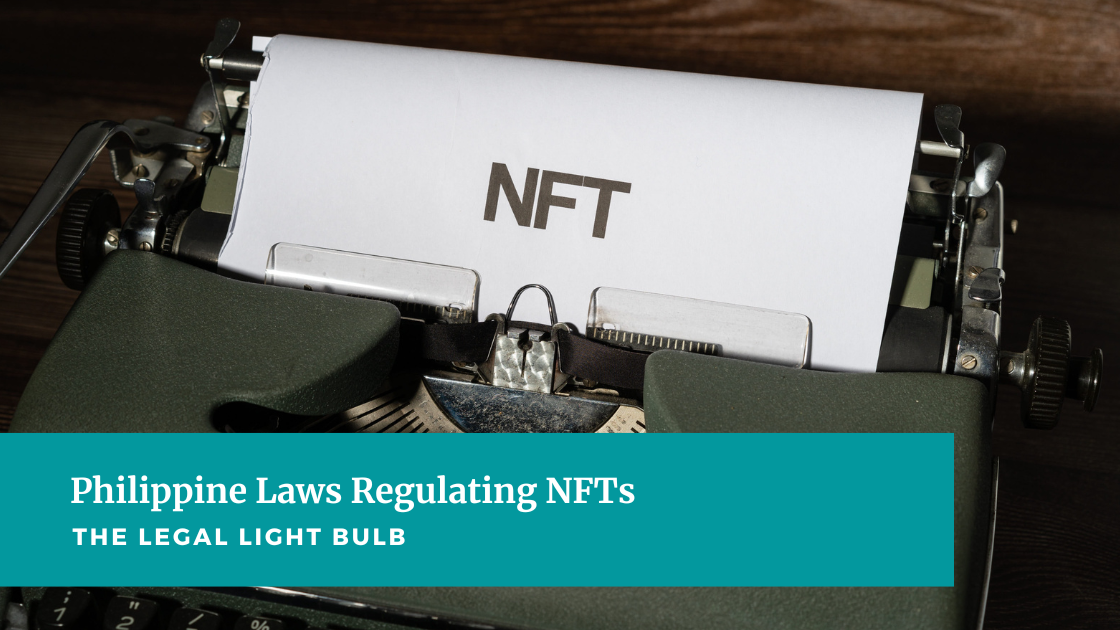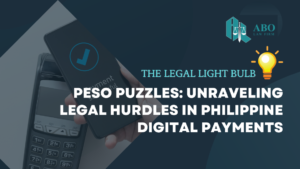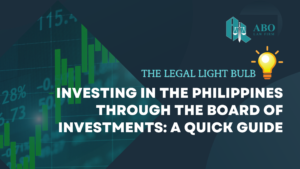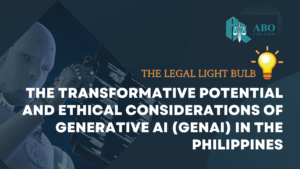What are NFTs?
- NFTs (non-fungible tokens) are distinctive cryptographic tokens that exist on a blockchain and cannot be replicated.
- NFTs can represent real-world items like artwork and real estate.
- These real-world tangible assets make buying, selling, and trading them more efficient while reducing the probability of fraud.
- NFTs can also function to represent individuals’ identities, property rights, and more.
Securities Regulation Code (Republic Act 8799)
Conforming to Section 3.1 of Republic Act 8799, Securities are shares, participation, or interests in a corporation or in a commercial enterprise or profit-making venture and evidenced by a certificate, contract, or instruments, whether written or electronic in character.
The Securities Regulation Code regulates NFTs when these tokens are used as an investment product, or if designed as an investment vehicle itself. This is to distinguish NFT as a theoretical benefit, that the market sometimes treats NFT as a speculative asset and trades it.
BSP CIRCULAR NO. 944, Series of 2017 Guidelines for Virtual Currency Exchanges
Virtual currency (VC) refers to any type of digital unit that is used as a medium of exchange or a form of digitally stored value created by agreement within the community of VC users.
It covers exchanges in the Philippines, offering services or engaging in activities that provide facilities for the conversion or exchange of fiat currency to VC or vice versa.
In reference to RA 9160 also known as The Anti-Money Laundering Act, the Manual of Regulations for Non-Banking Financial Institutions (MORNBFI) also requires VC exchanges to register with the Anti-Money Laundering Council (AMLC). In particular, remittance and transfer companies, money changers, and foreign exchange dealers are themselves subject to the Anti-Money Laundering Act (AMLA) as covered institutions, under which they are required to timely file reports for covered transactions.
Consumer Act of the Philippines (Republic Act 7394)
Aims to protect the interest of the consumer, promote his general welfare, and to establish standards of conduct for business and industry.
The relevance of this law is that the Department of Trade and Industry (DTI) administers this when it comes to projects, and NFTs that are available in the marketplace are considered a product.
Nonetheless, NFTs are not prescribed to apply for the license but there is a guideline known as E-consumer Protection Guidelines. Its main scheme is to secure that consumers who are minting projects online are protected.
Furthermore, the principles apply to products like NFTs that are sold on an online platform they must adhere to and fully comply with the consumer protection guidelines
Relevance of NFTs in the Metaverse
NFTs are generally associated with websites and transactions that occur through web browsers and because the metaverse is mostly Virtual Reality based, there might be some confusion about what their common ground is.
However, despite the relative novelty of both concepts, certain communities have already found beneficial ways to use both simultaneously.
Virtual Marketplace: Seller can easily provide links and previews to assets on the web or mint assets directly in the Virtual Reality landscape.
Art gallery: Virtual Reality is perhaps the best possible platform for viewing art. You get to see it up close with every detail and from every angle.
New frontiers: Real estate can be a pretty lucrative industry to work in the physical world, and the same could apply to the Metaverse. Hence, this simply pertains to real homes being sold digitally but rather digital land is partially or completely sold for further project development.





